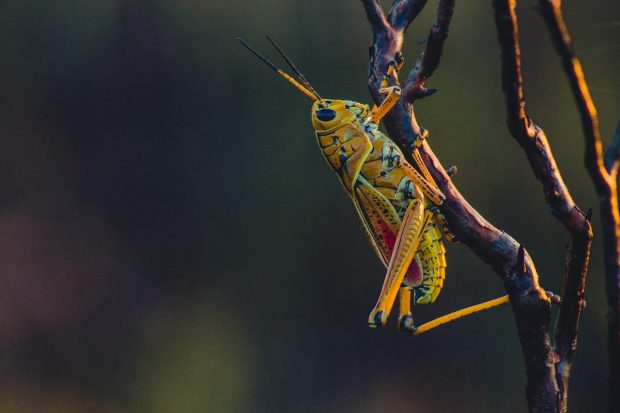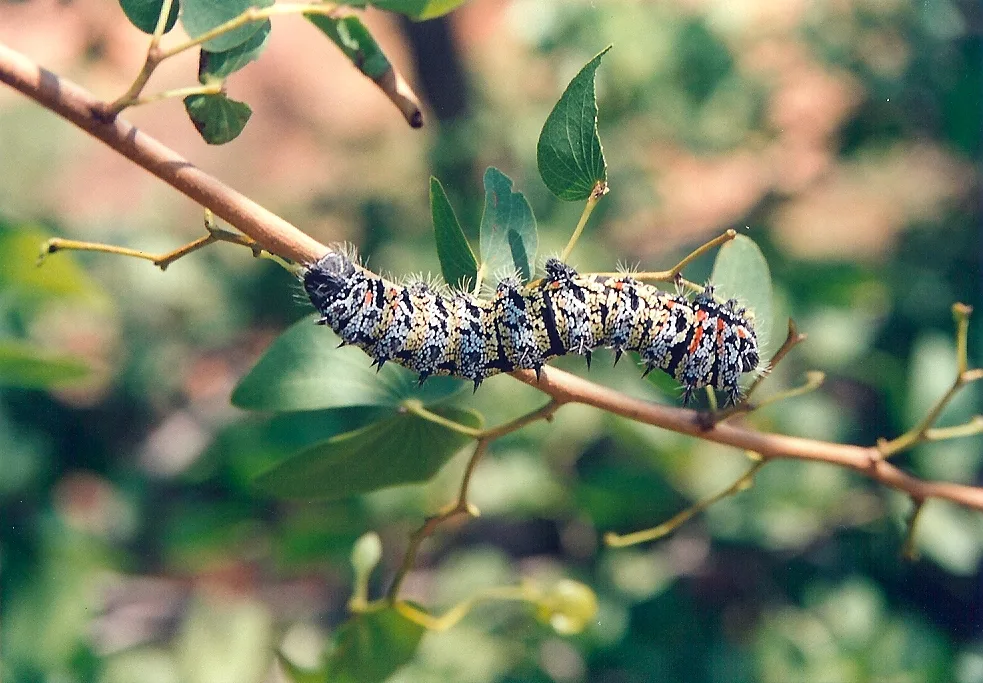According to a report from the Food and Agriculture Organization (FAO) of the United Nations (UN), around 2 billion people worldwide eat insects. Now, while it is hard to establish an exact figure, the practice of eating insects, known as entomology, is a common one. With over 1500 species of edible insects, which include caterpillars, bees, wasps, ants, grasshoppers, locusts, and crickets, bugs are always on the menu.
The thought of eating something that can also buzz and chirp in your ear may turn your stomach. However, the reality is that insect consumption can benefit both our health and that of the planet.
What are the benefits of eating bugs?
1. They’re nutrient dense
According to a 2021 study, edible insects are rich in essential nutrients and vitamins. These include vitamin B12, iron, zinc, fiber, essential amino acids, omega-3 and omega-6 fatty acids, and antioxidants.
Edible insects also contain unsaturated fats, which are healthy fats that can improve and protect cardiovascular health.
Thanks to their nutritional value, edible bugs can be a great addition to your diet, especially if you wish to improve your health.
2. Support gut health
As mentioned, insects contain healthy fats, but they also contain chitin. Chitin is a component of fiber not present in animal foods, but present in bugs.
In a recent study published in Nature Food, researchers found that the combination of healthy fats, chitin, and omega-3 fatty acids present in edible insects can change gut microbiota with beneficial outcomes.
“The components may provide unique benefits for the gut by encouraging healthy gut microbiota and reducing intestinal inflammation,” says Prof. Tiffany Weir, an associate professor in CSU’s Department of Food Science and Human Nutrition and author of the study.
3. Help with weight management
According to the FAO report, eating insects may be an effective tool to manage and prevent obesity. Now, while the treatment and management of obesity is a complex one that is not limited to changes in exercise and diet, we’re not sure if eating bugs is the secret to dealing with this crisis.
That said, it is important to note that edible insects are high in protein, and a protein-rich diet has been associated with weight loss and management. This is because protein can reduce your appetite and cravings, making you feel fuller for longer and preventing the risk of snacking on high-fat sweets and treats.
4. Addresses malnutrition
Malnourishment refers to a lack of nutrition, and this is a life-threatening condition that affects over 600 million people worldwide are malnourished. Yet, incorporating edible insects into our eating plans may help to curb these alarming rates.

Photo by Pixabay
As mentioned, edible bugs are nutritious, and they’re also accessible and cheap, which can benefit families in low-income communities where malnutrition is common.
“Insects can offer a cheap and efficient opportunity to counter nutritional insecurity by providing emergency food and by improving livelihoods and the quality of traditional diets among vulnerable people,” explained the FAO.
5. Combats food shortages
The global population is expected to increase from 8 billion to 9.7 billion by 2050. The rise is sure to have far-reaching implications, particularly with access to food and water. Add in climate change, and the fear of food shortages becomes an even bigger reality.
Per the FAO’s report, snacking on critters may help to prevent food shortages and increase food security.
6. It’s better for the environment
In 2021, the U.N. released a report stating that if we don’t immediately reduce carbon emissions, then we risk disastrous climate consequences that will serve to disrupt everything around us.
While it’s important for us to hold governments, institutions, and corporations accountable for their climate crimes, we can also do our part by cutting back on our consumption of red meat, and turning to insects and bugs instead.
Farming insects would use less land, water, and feed than traditional livestock, which would reduce greenhouse gas emissions, and that’s always a win for the planet.
Prof. Weir’s study concluded the following about edible insects’ role in helping the environment,
“Not only are insects generally an environmentally friendly animal protein source requiring fewer resources than conventional livestock, but some species are also adept recyclers that can consume and convert low-value organic byproducts and wastes, including food waste, into nutritious, high-quality food or animal feed.”
So, should I have bugs for dinner?
Yes, I’ll admit that eating insects may sound like a farfetched idea for some, but having consumed the nutritious and delicious mopane worms, I can tell you that it’s worth it.
If you are looking to add some bugs to your plate, please don’t go foraging for them in your garden. Instead, why not take a trip to a restaurant offering dishes featuring insects? The following establishments offer the bug cuisine you’re looking for;
References
Nowakowski, A. C., Miller, A. C., Miller, M. E., Xiao, H., & Wu, X. (2022). Potential health benefits of edible insects. Critical reviews in food science and nutrition, 62(13), 3499–3508. https://doi.org/10.1080/10408398.2020.1867053
Stull, V.J., Weir, T.L. Chitin and omega-3 fatty acids in edible insects have underexplored benefits for the gut microbiome and human health. Nat Food 4, 283–287 (2023). https://doi.org/10.1038/s43016-023-00728-7





![women [longevity live]](https://longevitylive.com/wp-content/uploads/2020/01/photo-of-women-walking-down-the-street-1116984-100x100.jpg)










